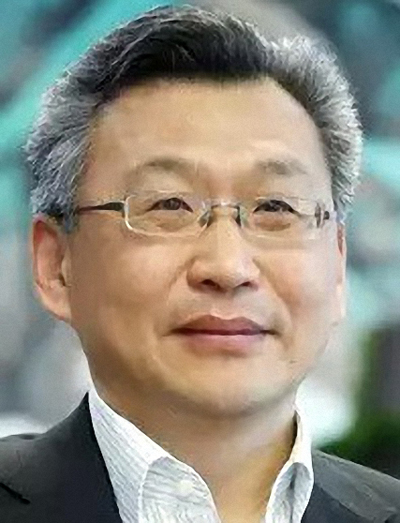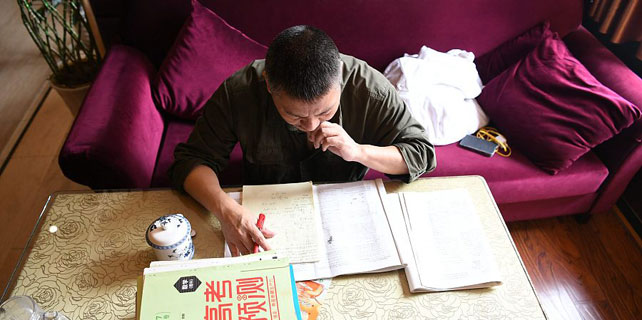Upgrade role for foreign companies
 |
|
Workers on a motor vehicle production line at a factory in Qinzhou, Guangxi Zhuang autonomous region. [Photo provided to China Daily] |
Official says more R&D centers will help country modernize its manufacturing
Foreign companies could get more involved into the Made in China 2025 strategy by setting up research and development centers, talent training organizations and smart plants in the country, a senior official at the Ministry of Industry and Information Technology said. |
|
Li Dong, director of the industrial equipment department at the Ministry of Industry and Information Technology PROVIDED TO CHINA DAILY |
Li Dong, director of the industrial equipment department at the MIIT, said in an exclusive interview with China Daily: "We welcome foreign companies to expand investments in intelligent manufacturing and join hands with us to accelerate the transformation of China's manufacturing sector."
China is actively promoting the Made in China 2025 plan, in the hope of upgrading its sprawling manufacturing sector with cutting-edge technologies such as big data and artificial intelligence.
"Foreign and Chinese enterprises will continue to be treated equally. Relevant policies and measures are applicable to all companies in China," Li said.
The ministry has selected a group of foreign enterprises as model players in helping build smart plants in China. German companies SAP SE and Siemens AG and Japanese shipbuilder Kawasaki Heavy Industries Ltd are among them.
Mark Gibbs, president of SAP Greater China, said the company is seeing new opportunities from the Made in China 2025 strategy, which encourages more businesses to accelerate their digital transformation.
SAP has a laboratory in Shanghai, its third-largest lab globally, which employs around 3,000 software engineers and business architects to offer localized industrial solutions.
According to Li, international cooperation is also highly valued when China is drafting industry standards and protecting intellectual properties.
To promote communication on standards for intelligent manufacturing, China has established a Sino-German standardization working group with the Federal Ministry for Economic Affairs and Energy in Germany, the German Institute for Standardization and other relevant organizations.
"When implementing the Made in China 2025 strategy, we will take advantage of both domestic and foreign resources, in a move to strike a balance between nurturing homegrown innovation while expanding international cooperation," Li said.
Last year, the MIIT chose 14 model projects of Sino-German intelligent manufacturing cooperation, which include the manufacturing solution developed by Siemens.
Zhu Xiaoxun, senior vice-president of Siemens China, said the company opened an industrial facility at its Wuhan Innovation Center in Hubei province in January, in order to get more involved in the Made in China 2025 initiative.
"The Wuhan facility will be geared to the needs of local industries to provide such services as innovation project incubation, professional training and technical consulting for small and medium-sized enterprises," Zhu said.
Siemens will also work with local companies to build digitization laboratories, intelligent water-testing laboratories, industrial hardware and software platforms and expert networks.









